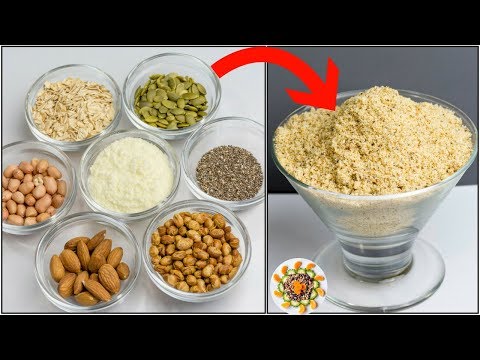
[ TAKE THE PHYSIQUE QUIZ ]
[ RECOMMENDED SUPPLEMENTS ]
[ CONNECT WITH ME ]
https://www.facebook.com/SeanNalewanyj
————————————————————————-
Fitness Q&A #1
Question #1 (00:37) – I’ve been hearing a lot lately about how a calorie surplus isn’t actually necessary for building muscle as long as you’re consuming enough protein. Can I just eat at maintenance and still make gains?
Question #2 (01:31) – What do you consider to be the best weekly training split for someone whose primary goal is hypertrophy?
Question #3 (03:06) – I’m 165 pounds at 5’10 and wanting to build muscle. What’s the best way to calculate my daily maintenance calories?
Question #4 (04:05) – What are your thoughts on strict form focusing mainly on the mind-muscle connection versus looser, more explosive form and just getting the weight from point A to B?
Question #5 (05:25) – Why doesn’t your PureForm pre-workout supplement contain beta alanine? I thought beta alanine was a standard ingredient in most pre-workouts.
Question #6 (07:05) – How to improve willpower? I sometimes have issues with skipping workouts or falling off track with my diet here and there and I feel like I just need to be more disciplined sometimes.
Question #7 (09:35) – In your experience has building a good physique helped when it comes to attracting women?
Question #8 (11:43) – What’s the best time of day to take protein powder?
Question #9 (12:23) – Do you have any tips for increasing vascularity? I noticed in your pictures you have very prominent veins and I want to achieve a similar look.
Question #10 (13:26) – I’ve been cutting for 12 weeks. Went from 190lbs down to 172 at
roughly 16% body fat. I want to lean down a bit further but I’ve been stuck at this weight for almost 3 weeks and can’t seem to push through.
————————————————————————-
CALORIE MAINTENANCE CALCULATORS
Calculator #1: Basic Multiplier
To use the basic multiplier, simply multiply your current bodyweight in pounds by between 14-16, going with the higher or lower end depending on your approximate weekly activity level.
Sedentary = 14 (little to no exercise)
Lightly Active = 14.5 (light exercise 1-3 days a week)
Moderately Active = 15 (moderate exercise 3-5 days a week)
Very Active = 15.5 (intense exercise 6-7 days a week)
Extremely Active = 16 (intense daily exercise and strenuous physical job)
Calculator #2: Harris-Benedict Formula
This method takes height, sex and age into account on top of your basic bodyweight in order to give you a more fine-tuned caloric figure.
The first step with this method is to determine your basal metabolic rate (BMR), which is the total number of calories you burn at rest. This does not include additional activities such as weight training, cardio or physical hobbies – the BMR refers only to natural internal processes such as breathing, digesting food, regulating body temperature etc. Once you’ve figured out your BMR, you’ll then factor in your activity level using an additional multiplier to determine your calorie maintenance level.
Calculating Basal Metabolic Rate
Men: (10 × weight in kg) + (6.25 × height in cm) – (5 × age in years) + 5
Women: (10 × weight in kg) + (6.25 × height in cm) – (5 × age in years) – 161
Take that number and multiply it by…
Activity Multiplier
Sedentary: 1.2 (little to no exercise)
Lightly Active: 1.375 (light exercise 1-3 days a week)
Moderately Active = 1.5 (moderate exercise 3-5 days a week)
Very Active = 1.675 (intense exercise 6-7 days a week)
Extremely Active = 1.8 (intense daily exercise and strenuous physical job)
Calculator #3: Katch McArdle Formula
Katch McArdle is the most precise method of all when used properly since it takes into account the specific factor of lean body mass, which will result in a more accurate BMR reading. This is especially useful for those on the more overweight side, since the previous two methods will tend to over-estimate caloric needs if your body fat is quite high. The downside of this method is that it requires you to know your body fat percentage, which can be difficult to calculate accurately as we discussed in the previous section.
If you have had your body fat professionally tested (particularly if you’ve had a DEXA scan) or have a reasonable idea as to where you’re sitting based on your own estimation, then you can use the following formula to calculate your BMR:
370 + (21.6 x Lean Mass in kg)
You’d then take the resulting figure and plug it into the same activity multiplier found in method #2 to determine your approximate calorie maintenance level.
Lean mass simply refers to any type of body weight that is not fat. So, if you weighed 200 pounds at 25% body fat, you’d be carrying 150 pounds of lean mass and 50 pounds of fat.






